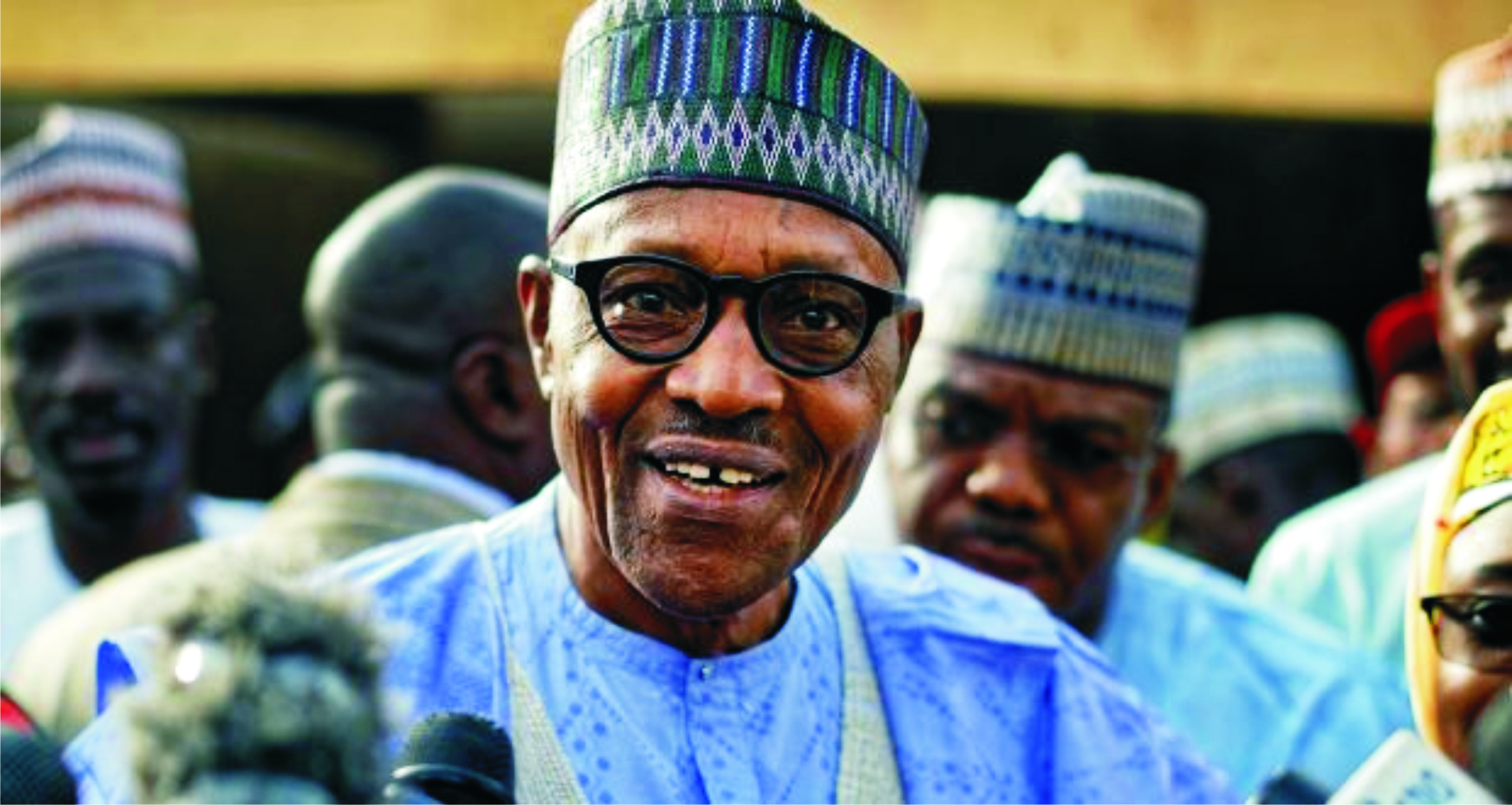Business
Coronavirus: Buhari Orders Review Of 2020 Budget

President Muhammadu Buhari yesterday directed a review of the country’s budget for 2020.
The Presidency said the budget review, alongside other policy implementations, is to reflect current realities in the oil sector and to respond to emerging threats posed by cases of coronavirus.
Other implementations directed by Buhari include prioritisation of the health sector infrastructure to be able to deal with coronavirus and securitization of government debt. Others include design and institutionalisation of a revenue stabilisation program and cost-cutting governance.
President Buhari ordered the ‘repositioning of the economy’ in a way that will respond to the realities of the global pandemic.
The Special Adviser to the President on Media and Publicity, Femi Adesina, made this known in a statement yesterday.
He said that the president gave the order after the second meeting of the Presidential Economic Advisory Council (PEAC). According to the statement, PEAC recommended the cutting of cost across all levels of government and ensuring “securitisation of government debt, design and institutionalization of a revenue stabilization programme.
“President agreed with the advisory council on the need to prepare the country to take the necessary tough economic decisions, including embark on a national agenda of stakeholder mobilisation – bringing the National Assembly, government organs, private sector and civil society together around a programme to respond to the major challenges confronting the nation”.
Adesina said the meeting also considered the indirect effect that would come through the impact of the pandemic on Nigeria’s other trading partners and the global economy, with implications of a global recession.
Nigeria reported five more cases of coronavirus on Wednesday, March 18, which officially brings the number of the Covid-19 victims to eight.
As pressure continues to mount on government to provide a feasible policy and solid measures, President Buhari gave directives for “review of 2020 budget to reflect realities in oil sector and prioritizing health sector infrastructure.”
Business
Agency Gives Insight Into Its Inspection, Monitoring Operations

Business
BVN Enrolments Rise 6% To 67.8m In 2025 — NIBSS

The Nigeria Inter-Bank Settlement System (NIBSS) has said that Bank Verification Number (BVN) enrolments rose by 6.8 per cent year-on-year to 67.8 million as at December 2025, up from 63.5 million recorded in the corresponding period of 2024.
In a statement published on its website, NIBSS attributed the growth to stronger policy enforcement by the Central Bank of Nigeria (CBN) and the expansion of diaspora enrolment initiatives.
NIBSS noted that the expansion reinforces the BVN system’s central role in Nigeria’s financial inclusion drive and digital identity framework.
Another major driver, the statement said, was the rollout of the Non-Resident Bank Verification Number (NRBVN) initiative, which allows Nigerians in the diaspora to obtain a BVN remotely without physical presence in the country.
A five-year analysis by NIBSS showed consistent growth in BVN enrolments, rising from 51.9 million in 2021 to 56.0 million in 2022, 60.1 million in 2023, 63.5 million in 2024 and 67.8 million by December 2025. The steady increase reflects stronger compliance with biometric identity requirements and improved coverage of the national banking identity system.
However, NIBSS noted that BVN enrolments still lag the total number of active bank accounts, which exceeded 320 million as of March 2025.
The gap, it explained, is largely due to multiple bank accounts linked to single BVNs, as well as customers yet to complete enrolment, despite the progress recorded.
Business
AFAN Unveils Plans To Boost Food Production In 2026
-

 News3 days ago
News3 days agoOji Clears Air On Appointment Of 15 Special Advisers By Fubara
-

 News3 days ago
News3 days agoNigeria Has Woken Up From Slumber Under Tinubu – Shettima
-

 Featured3 days ago
Featured3 days agoRivers: Impeachment Moves Against Fubara, Deputy Hits Rock …As CJ Declines Setting Up Panel
-
News3 days ago
Nigeria To Begin Exporting Urea In 2028 -NMDPRA
-
City Crime3 days ago
Health Commissioner Extols Fubara’s Commitment To Community Healthcare Delivery
-
Niger Delta3 days ago
Tinubu, Leading Nigeria To Sustainable Future – Okowa … Lauds Oborevwori Over Uromi Junction Flyover Construction
-
News3 days ago
US – Nigeria Security Engagement Translating Into Tangible Operational Gains – NSA
-

 News3 days ago
News3 days agoKing Jaja Impacted Beyond Rivers -Deputy Gov

